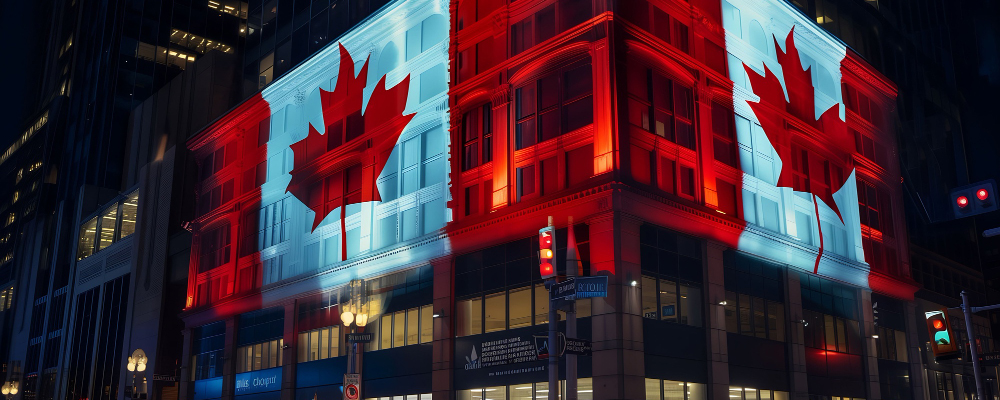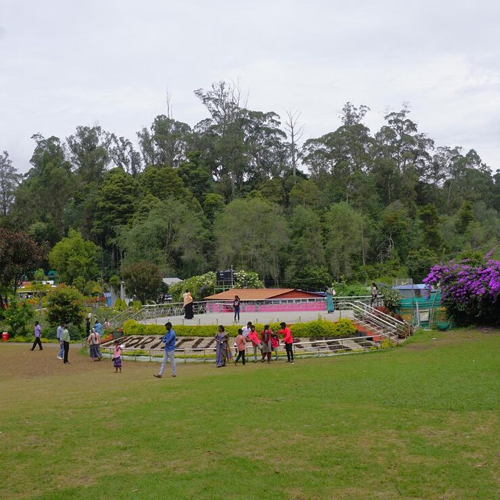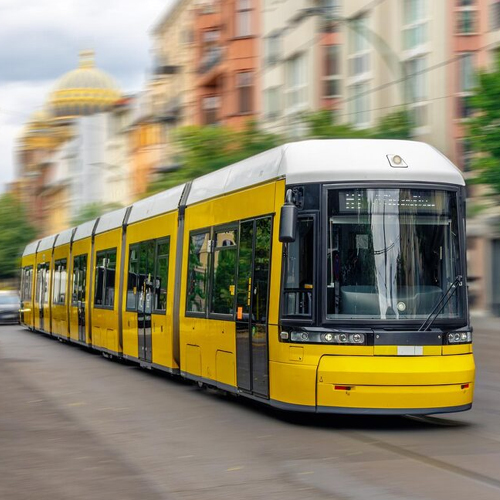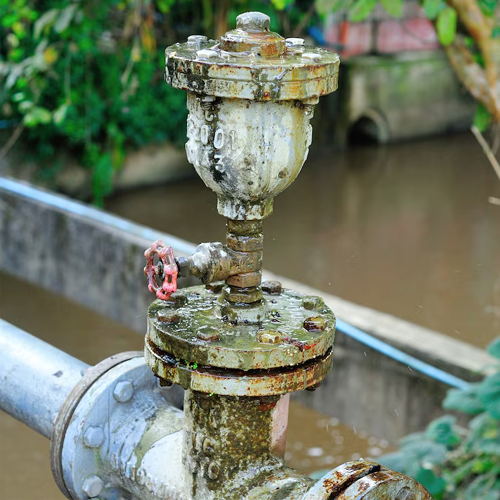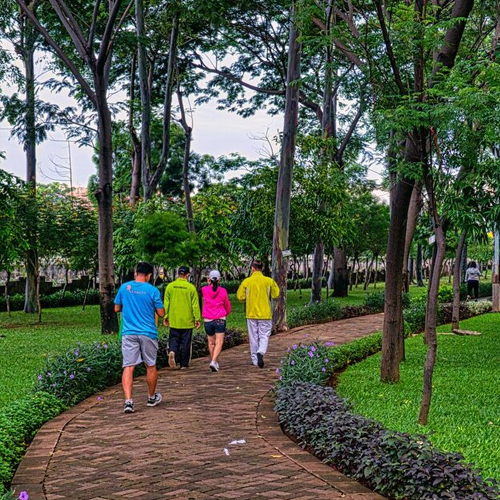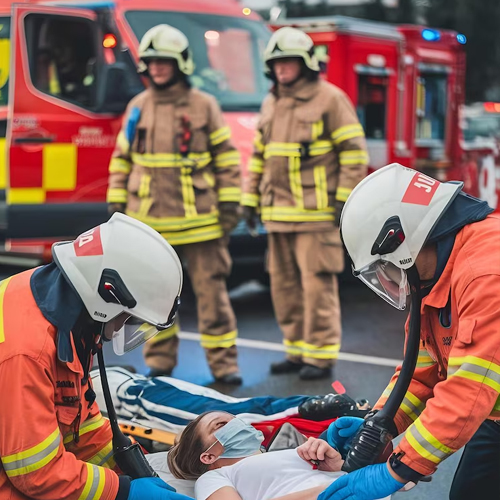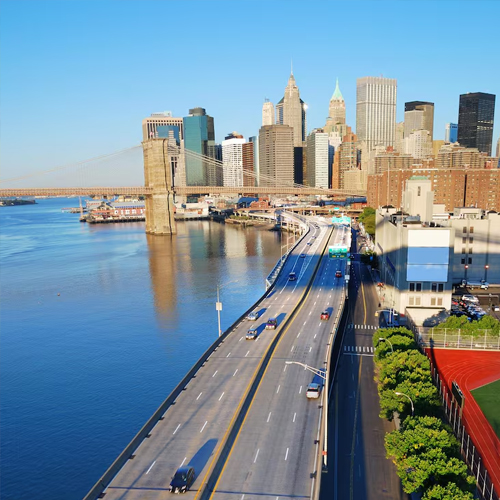Your Guide to Accessing Essential Services in Your New City
Welcome! Settling into a new city in Canada can feel overwhelming—especially when everything from health services to libraries, community programs, and public transit is unfamiliar. That’s where we step in. This page is designed to be your trusted guide to city services and organizations, helping you understand what’s available, how to access them, and where to find reliable support.
Why Understanding City Services Matters
City services are the backbone of your daily life in Canada. They ensure you have access to:
- Healthcare for you and your family
- Public libraries for learning and community programs
- Community centres for activities and networking
- Public transportation for easy mobility
- Settlement organizations that offer newcomer-specific guidance
Knowing how to use these services makes your transition smoother, builds your independence, and connects you with the local community.

